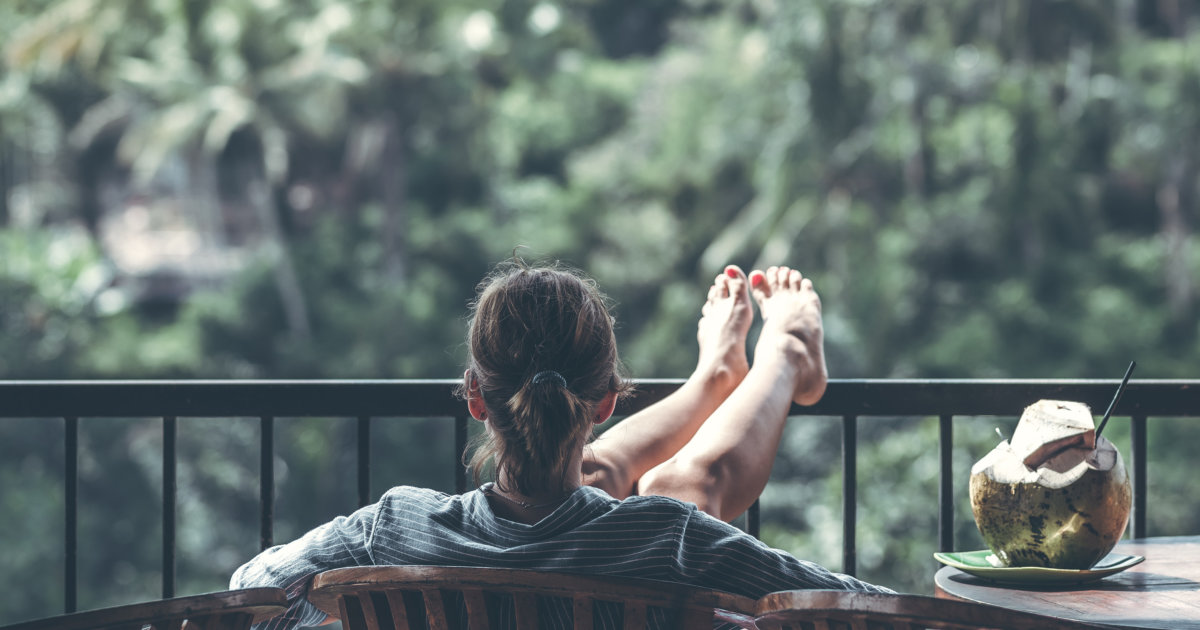New Study Links Cancer to COVID-19 Mortality
- New data suggests people who have or have had cancer in the past are more likely to die if they get infected with COVID-19
- Overall health — like whether a person has other co-morbidities — plays a role in how people with cancer fare with COVID-19
- The new data shows that patients who are otherwise healthy should continue anticancer therapies, and that it’s safe to do so
RELATED: Coronavirus Resources for People With Cancer
Read MoreThe research, which was crowdsourced online and ended up with data from over 100 cancer centers, also found that older adults, men, former smokers, and people who were given a combination of azithromycin plus hydroxychloroquine were more likely to die within the initial 30 days after infection.
One of the most important things to take away from this new data, Dr. Doroshow says, is that while some states are beginning to relax COVID-19-related restrictions, there are still many members of our communities who may be at risk. We shouldn’t underestimate the number of people in our communities that fall into these cancer-related risk categories, and assume it’s OK to stop social distancing or stop wearing masks.
“This is an important wake-up call that things like social distancing and mask wearing don't just protect yourself, they protect people that might be dealing with cancer [or other vulnerabilities],” Dr. Doroshow says.
While study authers note that additional research is needed to understand the true affects of COVID-19 on people with cancer, and how different cancer treatments affect the virus, these findings are important for both patients and providers to know about. Dr. Doroshow explains that while these findings reflect data from the first 900 or so patients, researchers have continued to expand the resources — and are currently looking at data from more than 3,000 patients to publish later findings.
More research is also needed to determine whether people with certain types of cancer are more likely to fare poorly if they are infected with COVID-19. As of now, since so much is still unknown, hospitals across the U.S. are taking extra precautions with cancer patients (and other patients) to protect them from COVID-19 exposure.
How Are Hospitals Protecting Cancer Patients?
Despite much uncertainty, cancer centers across the U.S. have made adjustments to how they receive patients amid the ongoing pandemic. Dr. Doroshow explains that at Mount Sinai, strict protocols have been enforced to reduce the risk that COVID-19 will be transmitted among cancer patients coming in for treatment.
“All patients get swabbed for COVID-19 before every cycle of chemotherapy,” she says. “We want to make sure that we’re not potentially increasing their risk of getting COVID-19 or giving it to others — especially now that studies show that chemotherapy may not increase your risk of dying of COVID-19, but it may increase your risk of getting COVID-19.”
While all patients are being screened before they come in for cancer care, actual adjustments to that care will depend on the patient’s individual disease. Some patients may have their chemotherapy schedule adjusted so they are in the hospital less often, and some visits — like follow ups after a round of chemotherapy — may be switched to tele-visits, Dr. Doroshow explains.
RELATED VIDEO: Cancer and COVID-19 – When to Stay Home & When to Seek Care
Learn more about SurvivorNet's rigorous medical review process.


